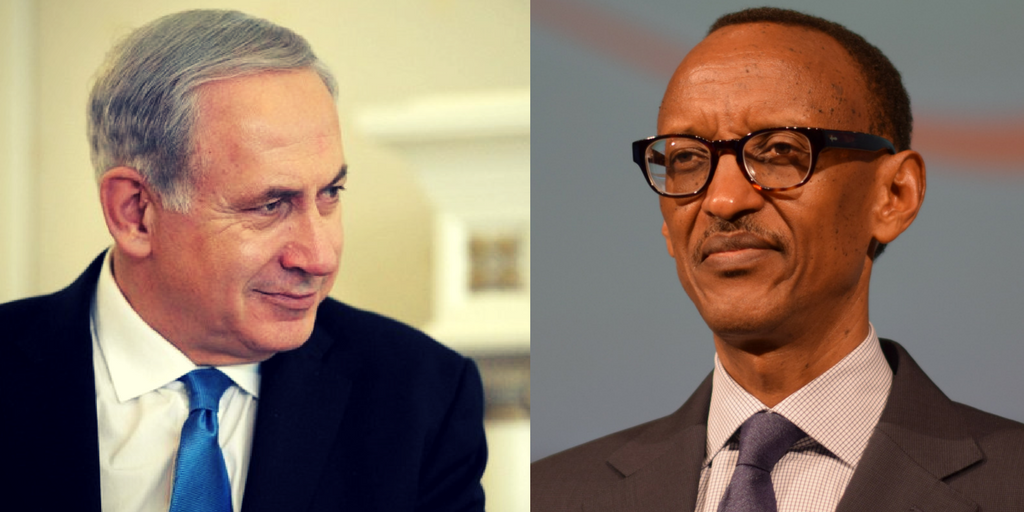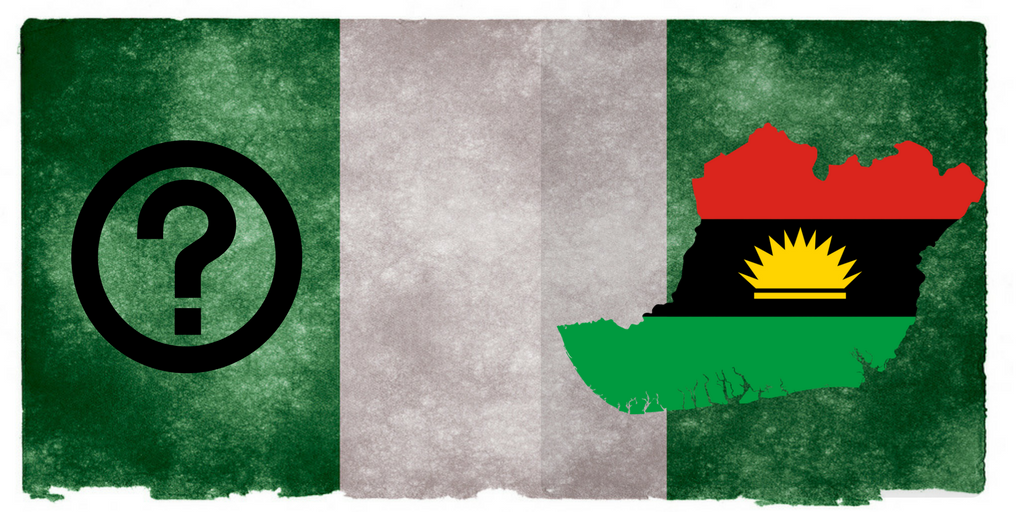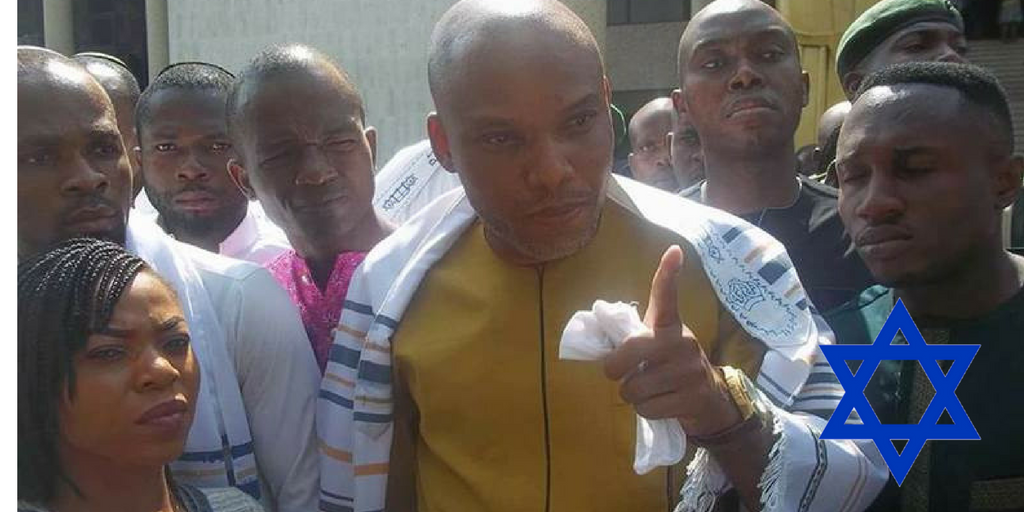The above heading is also the title of a song originally composed by Charles O. Okereke. The lyrics of this song which quickly turned into a classic in a few short years were originally conceived in 1970. Okereke 14 at the time was just a child – a Biafran child, that is. As Biafra’s defeat was announced over the radio waves, the words of the song tumbled into his young mind. Ironically, the prophetic declarations started with insistent urgency in Okereke’s head on the very day that Biafra’s recapitulation was announced; January 12, 1970.
Nearly fifty years after, Okereke still remembers the place and moment when the words started rushing through his mind in quick succession. He was lying down with his face on the ground, taking cover from the persistent shelling and bombardment of Biafra interiors by Nigerian government forces. Then the voice of the Biafran General Philip Effiong came on the radio telling Biafrans to cease fire and suspend the battle of resistance which began in May, 1967. Biafra was now defeated on the battlefield. But in the people Biafra lives on, undefeated.
[the_ad id=”4744″]
Biafra War was an unjust genocidal war executed by the government and people of Nigeria against Igbo people in particular who later became known as Biafrans along with some other non-Igbo southeasterners. In total, 3.5 million Biafrans were killed by Nigerian state and its other citizens. Of this figure 3.1 million were Igbo. The number of the murdered Igbo represents a quarter of Igbo population at the time. Ever since, there has been a consensus by all experts that the Biafran War was genocidal because the original intention of the Nigerian government and its people was to wipe out the entire Igbo population from the Earth.
The Igbo resisted the attempt and successfully averted that sinister plan. But that the Igbo successfully prevented the total annihilation of their population does not change the fact that a genocidal plan was made and an actual attempt was carried out to execute that plan in reality. That in the end only a partial percentage of the people’s population was exterminated does not vitiate the genocidal fact of the Biafran War. The standard definition of genocide acknowledges that an act qualifies as genocide if elements of planning and an actual attempt to execute the plan are present in the circumstances that lead to the death of a large number of one or more of the 4 recognized genocide groups. Such groups can be ethnical, national, religious or racial. Going by this, there is genocide if there is a deliberate intention and act to systematically wipe out either in whole or in part a targeted group.
Nigerian state planned and physically carried out an actual act aimed at exterminating the Igbo nation in its entirety from the Earth. However in the end, Nigeria succeeded in exterminating a quarter of Igbo population. Nevertheless, there was genocide in Biafra.
In Biafra Igbo people were nearly exterminated. That was the dark, ugly part of the Igbo Genocide. But Igbo story did not end there. In the midst of death and decay; a new life form that cannot easily be killed sprouted; love and creativity blossomed abundantly among Igbo survivors. Misery, suffering, starvation and the searing heat of hatred and war produced in the young and old of Igbo Genocide survivors the genius fecund which often is brought out from the inner recesses of an endangered people through such extreme hardship. The multitude of prodigious artistic creations (literary and visual) that followed the Biafran War was undoubtedly the silver lining in the horizon of this Igbo’s darkest hour.
Charles O. Okereke’s All Hail Biafra and several others came out of this crucible of death and darkness blazing forth with shining hope and futuristic certitude. Especially, when one listens to the marching or martial version of the song, the mood and lyrics contradict the anticipation. As the song begins to play, the invincible and unyielding spirit of the Igbo, the Biafrans comes out clear. The song is triumphal, full of hope and belief. This distinctive feature of All Hail Biafra: Cry of a Biafran Childis in direct contrast to the mood and circumstance in which the song was born. As a song written on the day that Biafran defeat was announced it would have fittingly reflected the mournful mood which the defeat brought on the people who gave the Biafran fight the best that they got.
[the_ad id=”4690″]
In reality, All Hail Biafra should have been a dirge lamenting a people’s lost paradise, defeated dream and dashed hope of a people who had struggled so hard to secure a future where their generations would live in unfettered liberty and life in its fullness. No, instead it is a song of triumph, even celebratory: “We have vanquished our enemies . . . We have emerged triumphant, from all our enemies/Through the crucible unscathed, we passed victorious/Our trumpets pealing . . .”
All Hail Biafra
1.
All hail Biafra
Land of the rising sun, we love and cherish
We have vanquished our enemies, all hail Biafra
God Bless Biafra, in Him we trust
Shout it sing it, all hail Biafra
2.
God bless Biafra
We have emerged triumphant, from all our foes
Through the crucible unscathed, we passed victorious
Our trumpets pealing, the glorious song
Play it, sing it, all hail Biafra
3.
Oh hail Biafra
We shall always remember, all that perished,
In the struggle for our freedom, all hail our heroes
Our prayers shall bemoan, both day and night
Say them always, all hail Biafra
(This reproduction is with the express permission of the original author Charles O. Okereke who is also the copyright owner of the song.)
Harcourt Whyte still occupies the very prestigious and enviable position of being the greatest modern Igbo music composer of all genres. Most of his compositions are in Igbo and they are in major part church hymnals. Harcourt was an Igbo Methodist spiritual who like Charles Wesley, the cofounder of the Methodist faith, wrote most of the hymns of that Church in English. Harcourt’s liturgical compositions are deeply philosophical and admonitory. On Igbo cosmological music firmament, whether sacred or mundane, Harcourt Whyte’s star still shines the brightest. His physical body was afflicted with the scourge of leprosy but his mind soared and excelled in the purest of spheres. He worked from the famous Leprosy Colony in Uzuakoli. But by the beginning of the genocidal Biafran War, Whyte had already established his yet unchallenged place in history.
It is true that before the war there were scattered bright twinkling stars on Igbo creative firmament. But the war would release a burst of multiple inventive and ingenious stars blazing with dazzling colors eclipsing the hate and blood the enemy unleashed across the canvass of the Igbo world. So, the periods during and after the war were particularly good for the creative Igbo cultural milieu. They are periods that especially enriched the Igbo cultural, social and scientific life like no other periods. Charles Okereke and many others like him are the products of these eras.
Geniuses often run in pairs or multiples and they have a way of finding each other. Soon after the war Harcourt Whyte and Nnamdi Olebara would find each other. Olebara as well as being a music composer is clearly the greatest Igbo poet, both of the Biafran War era or of any other time. (Some of his poems have been translated into English for the benefit of non-Igbo speakers by Chinweizu.) After the war, Whyte with Olebara popularized a unique and attention-demanding musical genre. This duo’s musicology would soon become accepted and has since been adopted and expanded by many others, notably by musicians like Patty Obasi. (Obasi would later do some collaborative works with Olebara along this line.) This particular musical devise is both entertaining and didactic. It tends to criticize social vices and pass commentary on burning social and political issues. Sometimes the criticisms and commentaries work. When the production is successful the songs help to influence and revolutionalize people’s attitude and social behavior. In this area Patty Obasi remains unequalled. His Nwa Mami Iwota phenomenal production remains evergreen and continues to reverberate down through time.
This music genre is noted by the way some lines of poetry are interjected at the end of a song’s stanza. The poignant poetry lines serve to further expound and underscore some points in the just performed stanza. The effect is something like highlighting notable lines or passages in a book which one is reading. This musical method works as bold scores, projecting and emphasizing in bright colors in the listener’s mind some pertinent areas of the song.
Golden yellow make up one of the dominant colors on the front jacket of All Hail Biafra CD. The hazy gold, the dark earth and silhouetted vegetation in the background give the CD its somber dusky hue and mood. An evening? Yes. But it is an evening with its yellow-white sun still dominating the horizon, pouring into the distant foreground its molten liquid of mellow light and warmth. A white bird (a dove?) is in flight across the face of the luminous setting sun. The front jacket also has the torso pictures of Charles Okereke the Biafran child as well as Charles Okereke, the Nigerian man. The child except for the chalky facial shades; is rendered in black silhouette. The man’s picture is in colors. He is dressed in printed and embroidered wide turtle neck kaftan with a matching short-round hat.
On the reverse side of the CD is a yellow background enclosed in squared gold edges. Map of Africa fills up the middle with the list of the CD songs superimposed across the map. There are eleven songs, including Charles Okereke’s award winning composition: God Bless Africa. This flip side contains the musician’s name and information on how to obtain copies of the CD. It says that the CD is available both in Nigeria and the United States. It is actually available anywhere else through Amazon or the reader can google the title to get more information on how to order.
The popularity of All Hail Biafra is enduring and is such that many people mistake it to be the Biafran National Anthem. Some people can swear that All Hail Biafra is the Biafran Anthem but it is not. The Biafran National Anthem; Land of the Rising Sunwas originally written by Nnamdi Azikiwe and set into music in the pattern of Sibelius’s Finlandia. Okereke wrote and produced his All Hail Biafra entirely on a different unique tune. The music and its rendition are well-produced.
A few people have sometimes speculated on the possibility of a new independent Biafra adopting the song as its new national anthem. This writer sees that happening as a remote necessity. When a new Biafra or Igbo state becomes free from the Nigerian bondage, the old anthem may still remain valid. Or if there should arise a need for a new anthem for the new republic, the government and people may have to compose a new and different national song. The new national song will be composed to reflect the up-to-date history of the people, the prevailing realities as well as anticipate the individual and collective hope of the then free people.
In the end however, it will not matter what the new free Igbo country will decide to do about its national anthem. All Hail Biafra will still remain an important Biafran national patriotic song. Okereke’s All Hail Biafra has carved out an enviable place for itself in the pantheon of notable Biafran artistic creations. All Hail Biafra is a great music. An important feature that distinguishes great music from the mediocre is that great music has clear philosophical theme or themes. The listening audience should be able to either relate with the themes in their individual or collective experience. Or at least the audience should be able conceive in their mind a comprehensive picture of the idea the artist is trying to convey as the storyline musically unfolds. Additionally, it is expected that whatever theme a good song is pursuing should be well-developed and stretched beyond the single-phrase or single-stanza excited children’s sing song. Sadly, up till now the Igbo music horizon has been dominated by such folksy lackluster cacophonous noise where the music makers monotonously repeat over and over an emotive one-line wonder.
As a result, over so many years the Igbo music scene has remained famished. Except for the few greats whom we have already mentioned, modern Igbo music arena has been barren of real good music and dedicated musicians. Even more troubling is the fact that some of the few well-made music are not easily accepted into the mainstream. So, in the absence of the Igbo projecting and promoting its bests, modern Igbo music scene remains saturated with the second rate and the absurd. The ear of Igbo listening audience is assaulted with the thematically barren or poorly developed themed songs. Take for example the so-called highlife music genre. Highlife as championed by such musicians like Osita Osadebe are disappointing and less satisfying because what would otherwise have been, with a little more work, excellent music, is turned into mere improvised excitement and almost no music.






